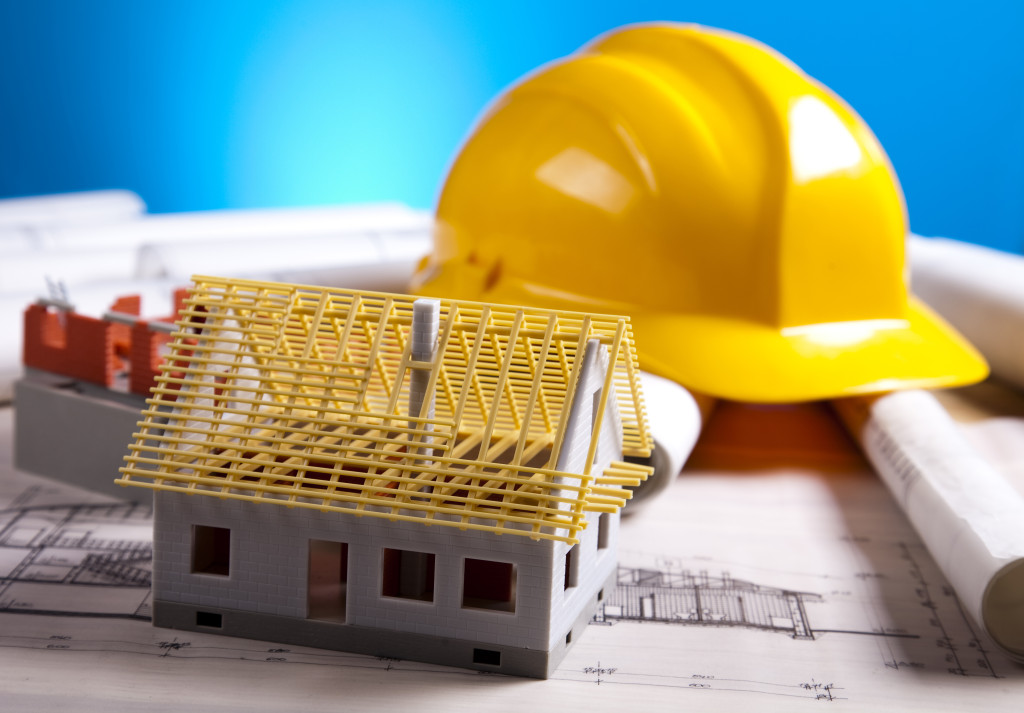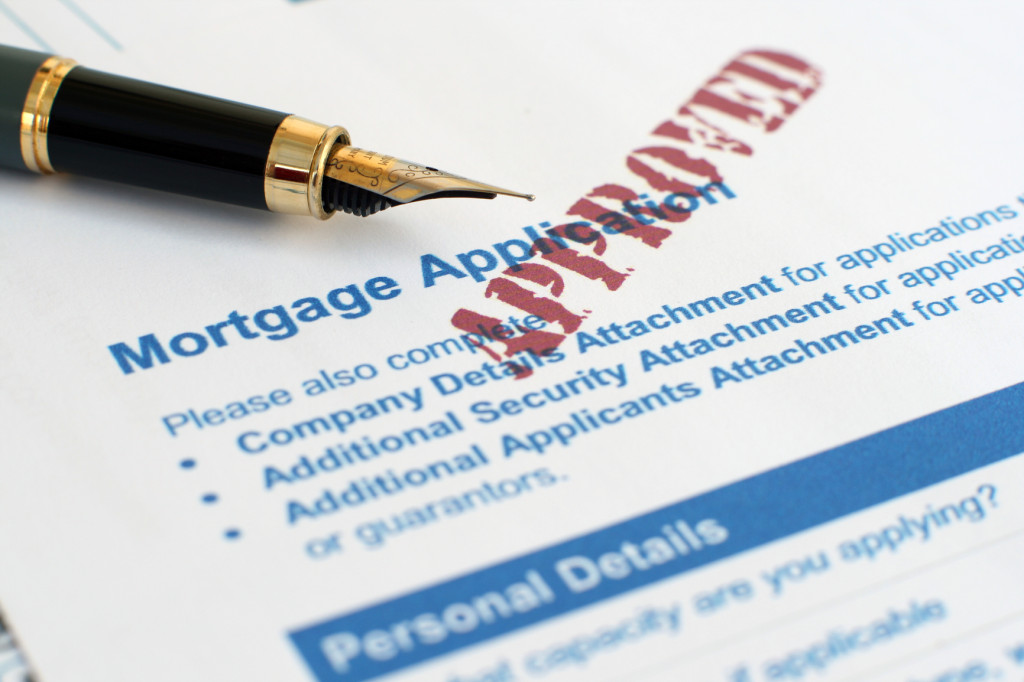If you’re planning on buying your very first home, chances are you are not taking the decision lightly, and for good reason. You should conduct as much research as possible about the process before you commit to your first home. Here are some things that every first time home buyer should know before purchasing a home.
Location Vs. Space
When it comes to purchasing a home, you’re likely going to have to choose between location and space. Should you go for a small house in your favorite city, or should you get the large house located in a less desirable area? Therefore, before you start shopping for a home, you should definitely know where your priorities lie. You need to decide beforehand whether space or location is more important to you. Doing this will make the home-buying process much easier for you, and it also reduce the chance of you experiencing buyer’s remorse later down the road.
Don’t Commit Too Early
One of the worst things you can do as a first time home buyer is commit too early to a home. Since owning a home is such a big and expensive commitment, you should only purchase a home when you’re sure that you’re ready for the responsibility. Know that your monthly housing expenses will likely increase by hundreds, even thousands, of dollars when you become a homeowner. Besides the monthly mortgage payment, you should consider if you’re financially ready to pay for property taxes, HOA fees, and homeowner’s insurance as these costs can truly add up.
Down Payments
If you have the money and can afford it, you should definitely make a down payment on your home. In fact, you should be saving up money now, so you can make a substantial down payment on your new home once the time comes.
Believe it or not, but a down payment is never a bad investment. When you invest money in the stock market, while there’s a chance that you will gain, there is also the likelihood that you will lose money. However, when you put money down on a home, it minimizes the risk and it enables you to begin with some equity.
Consider School Districts
Even if you don’t have children, you should still consider the neighborhood’s school district when going shopping for a home. A good, desirable school district can actually raise the value of your home. Reselling a home located near quality schools is usually easy, because demand for a good home in an excellent school district is always high.
Check Building Plans
Before you purchase your first home, you should check the future building plans for the neighborhood. First of all, you don’t want to live next to the sound of nails being hammered for months and months. While this situation will only be temporary, you may not want to be located next to the project being built. For example, if you don’t have any children, the last thing you’ll want next to your home is a playground, because you’ll have to listen to the squeaking of swings and the yelling of children, and you won’t benefit at all.
Look Deeper
When inspecting a home, you should take the time and effort to look deeper. Take the words of others with a grain of salt, and check out the house for yourself. If a problem happens to pop up during your inspection, take it seriously, especially if it’s a problem that could be particularly expensive to fix.
If you end up discovering a flaw while inspecting the home you like, you can actually use it to your advantage. After the inspection, try negotiating to bring the price of the house down, using the flaws of the home to support your case. As you can see, it’s not impossible to get a great deal on a home even after the inspection.
Establish Your Budget
Before you even start hunting for your perfect home, you should establish your budget. There’s nothing more disappointing than completely falling in love with a home, only to not able to purchase it due to lack of financing.
Not only should you establish your budget, but you should also secure financing. Many people make the mistake of not locking down a mortgage quickly, because they believed that house hunting for the perfect home would take a long time. By the time they’ve secured a loan for their home, they often end up losing the very home they had such high hopes for.
Check Out Renovations
One thing you should pay close attention to is whether the renovations of the home you’re interested in were done by a professional. While structural details are very important, a home’s aesthetic details should not be ignored. Many DIY remodelers use low-quality materials for a quick, cheap fix. These materials are often low in durability, resulting in problems for future homeowners when everything is said and down.
Inspect the Landscaping
Many people don’t realize that updating the exterior of a home can be just as costly, if not more so, than remodeling a home’s interior. If your goal is to not spend much money on the details once you’ve found a home, you should definitely pay attention to the landscaping of the home. Look for a property with landscaping and amenities that you already consider ideal without any costly changes. For example, it’s typically much cheaper to purchase a home that already has a fence than to install the fence yourself. However, just as you should when inspecting the interior of a home, you should pay close attention and figure out whether renovations were done by a professional.
The home buying process is far from being a piece of cake, especially if it’s your very first time going through the process. Therefore, you should make an effort to become as informed and knowledgeable as possible before making a decision. Being a homeowner is a huge responsibility and commitment, so you definitely want to avoid doing something you’ll regret later on.




















